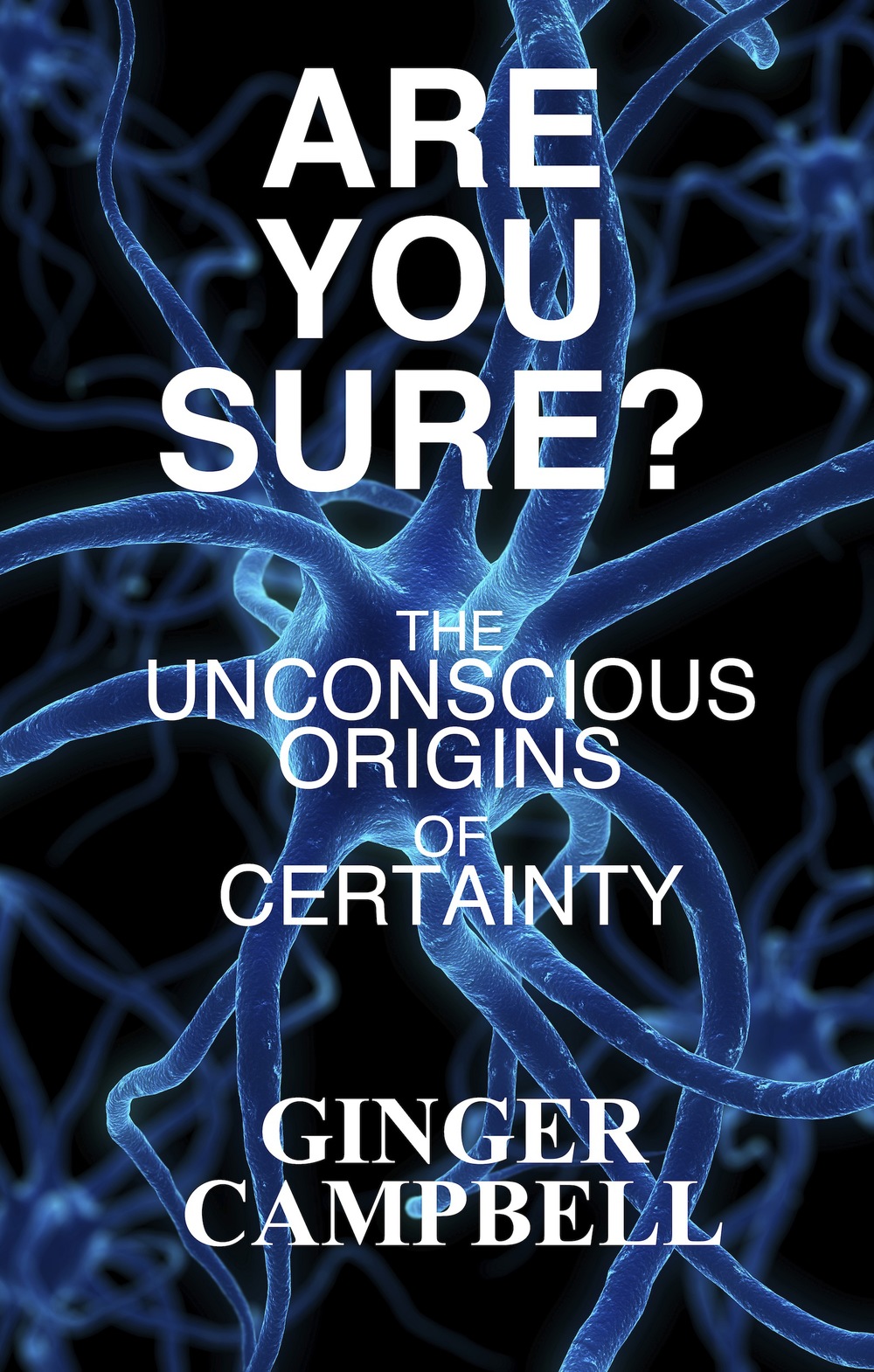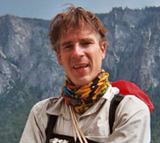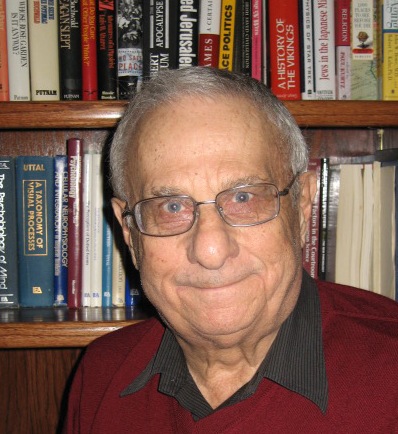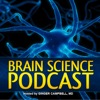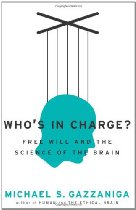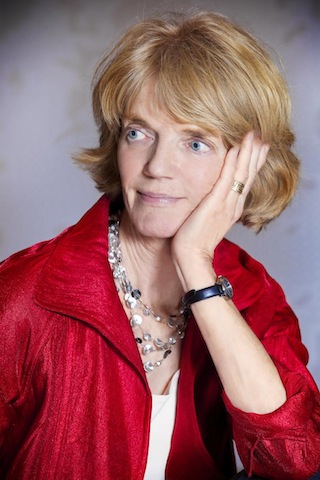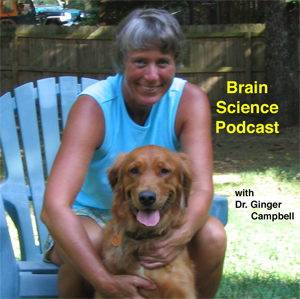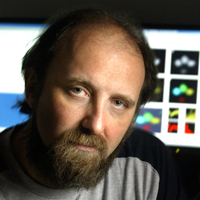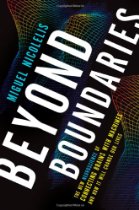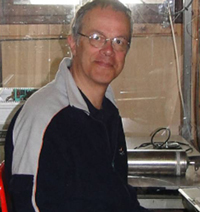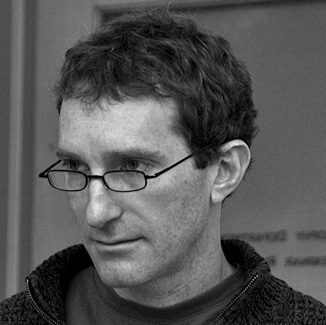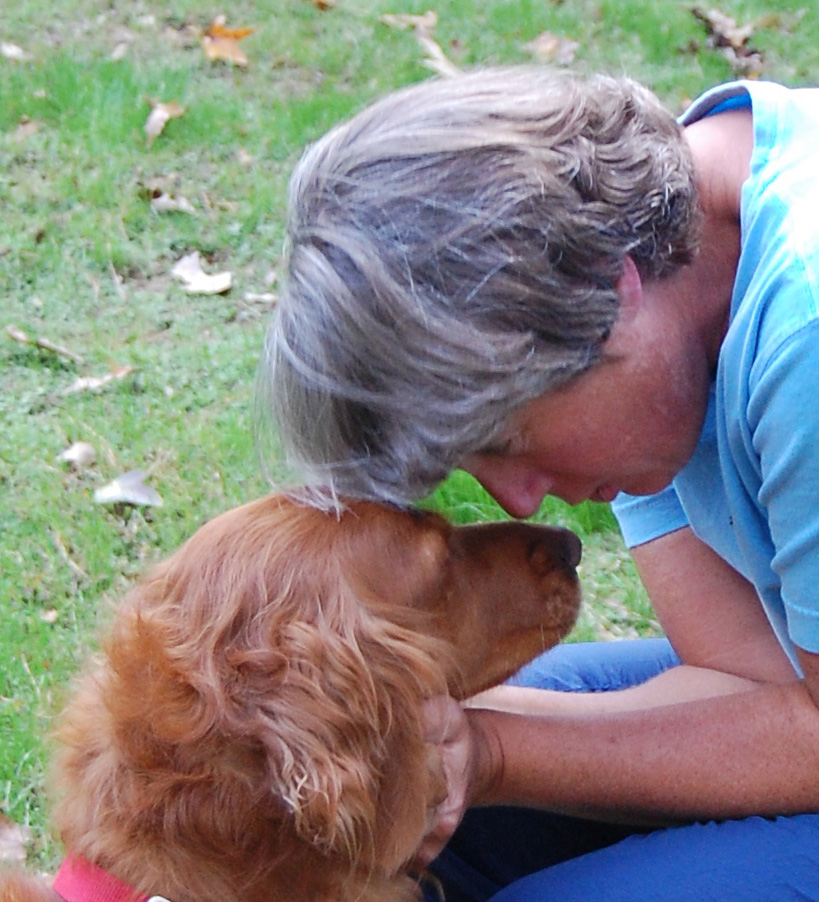Brain Science Podcast with Evan Thompson (BSP 89)
/ Evan Thompson, PhDEmbodied Cognition is a movement within cognitive science that argues that the mind is inseparable from the fact that the brain is embedded in a physical body. This means that everything that the brain does, from the simplest perception to complex decision-making, relies on the interaction of the body with its environment. Evan Thompson's book Mind in Life: Biology, Phenomenology, and the Sciences of Mind is an in depth look at what he calls the "enactive" approach to embodied cognition. The enactive approach was pioneered by Thompson's mentor Francisco Varela and it emphasizes the importance of the body's active engagement with its environment.
Evan Thompson, PhDEmbodied Cognition is a movement within cognitive science that argues that the mind is inseparable from the fact that the brain is embedded in a physical body. This means that everything that the brain does, from the simplest perception to complex decision-making, relies on the interaction of the body with its environment. Evan Thompson's book Mind in Life: Biology, Phenomenology, and the Sciences of Mind is an in depth look at what he calls the "enactive" approach to embodied cognition. The enactive approach was pioneered by Thompson's mentor Francisco Varela and it emphasizes the importance of the body's active engagement with its environment.
In a recent interview (BSP 89) I talked with Thompson about some of the key ideas in Mind in Life. Unlike most episodes of the Brain Science Podcast, this is not really a stand-alone episode. It is part of my ongoing exploration of both embodied cognition and the controverial topic of emergence. It is also intended as a follow-up to my recent interview with Terrence Deacon.
Click here for complete show notes and the free episode transcript.
Subscribe to the Brain Science Podcast: ![]()
![]()
![]()
![]()




